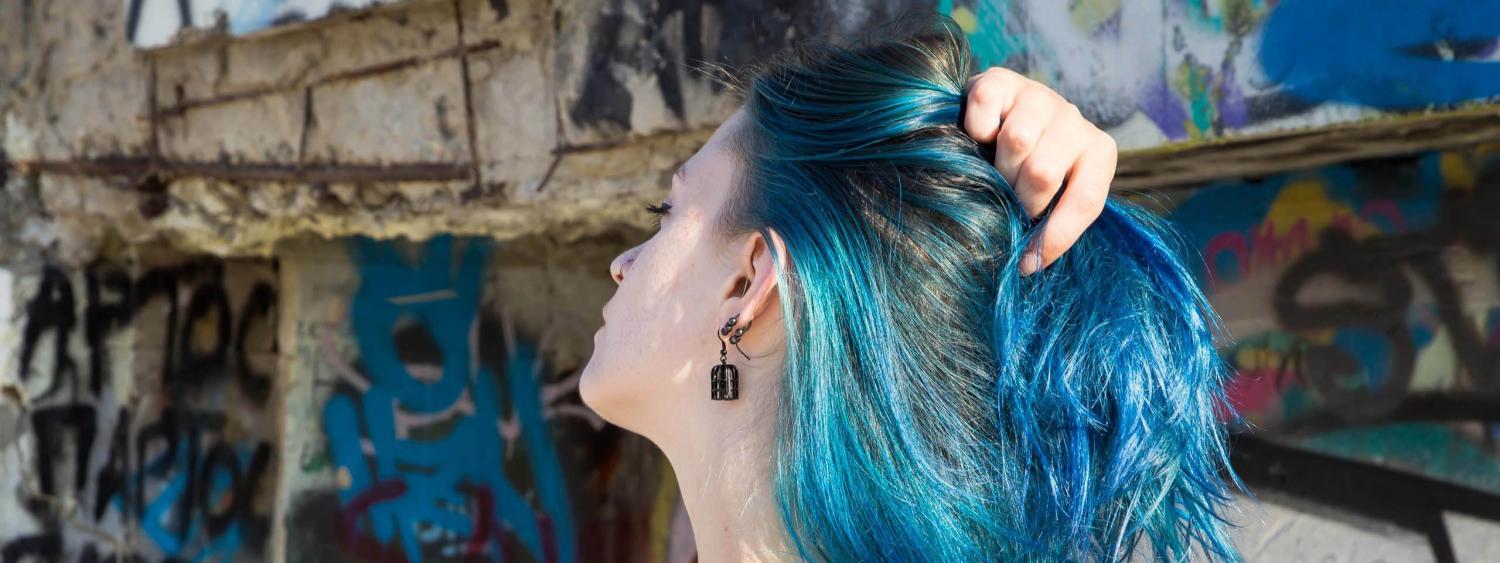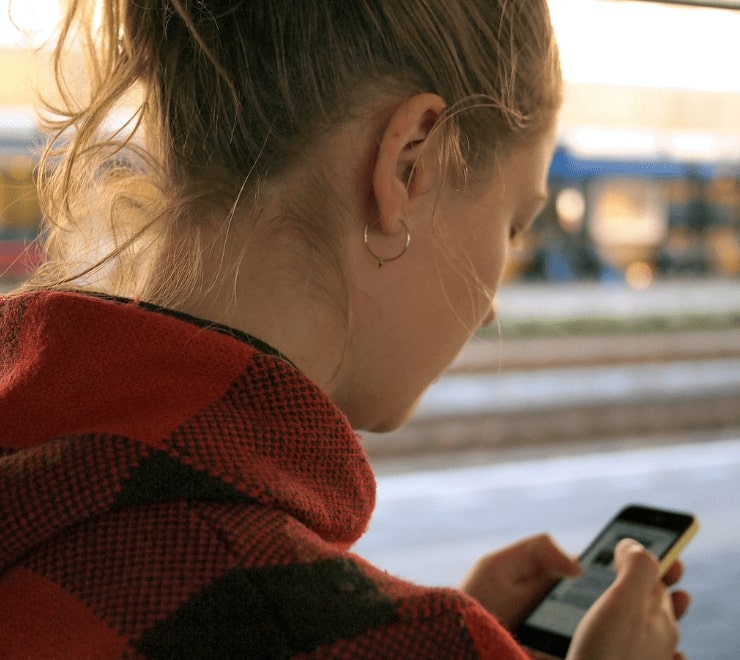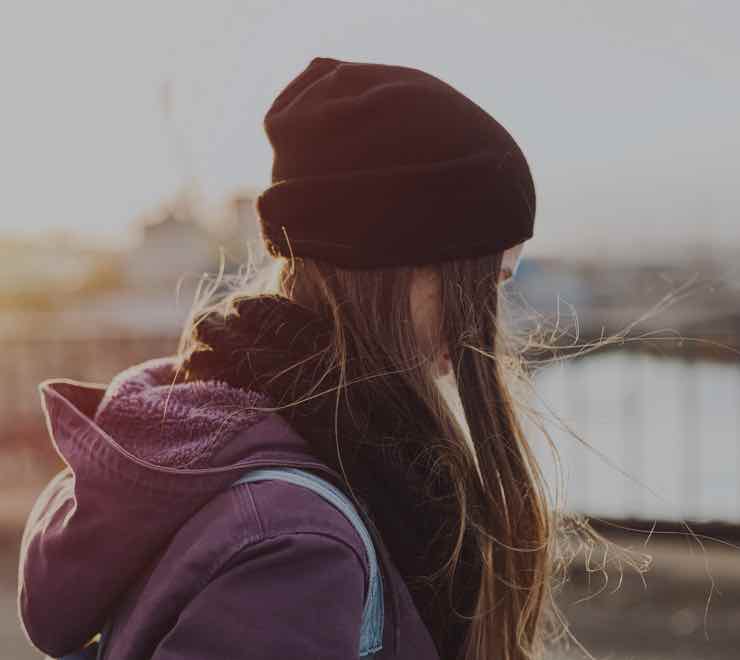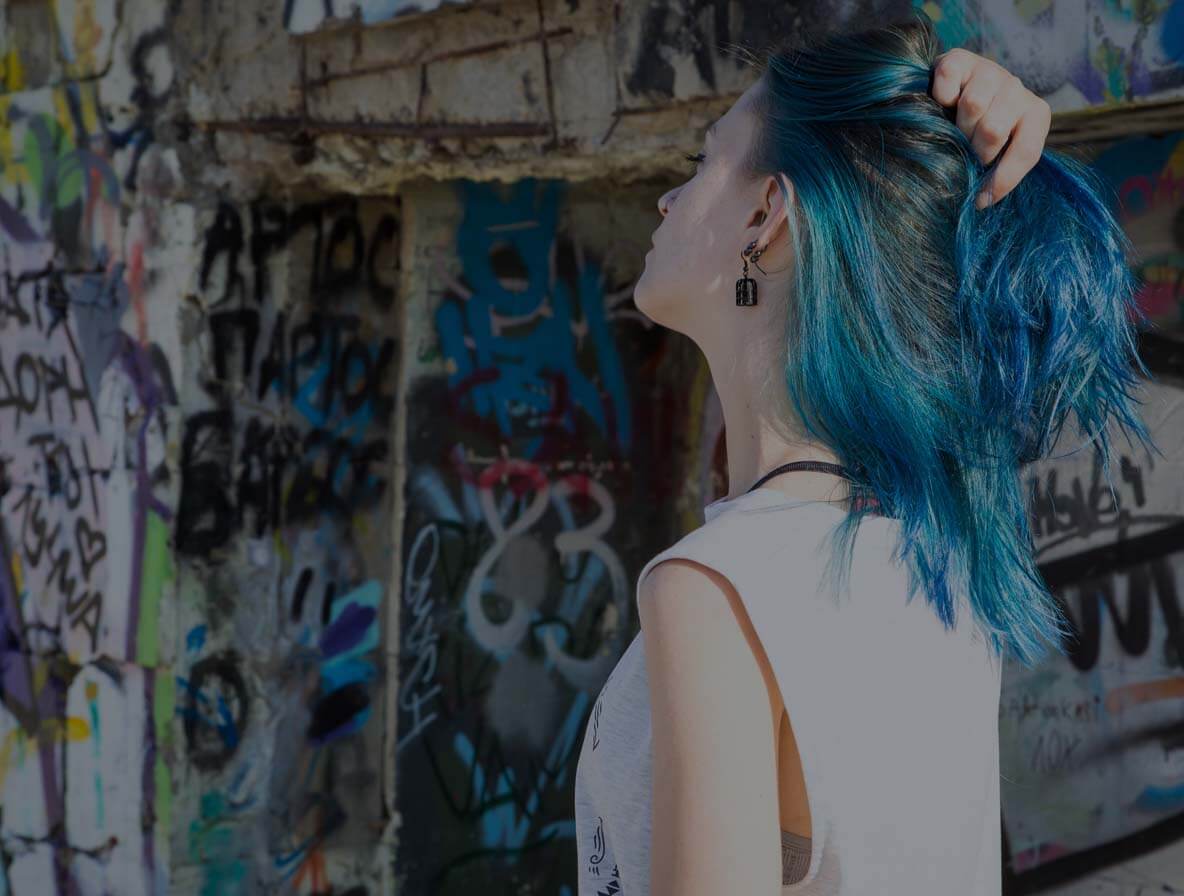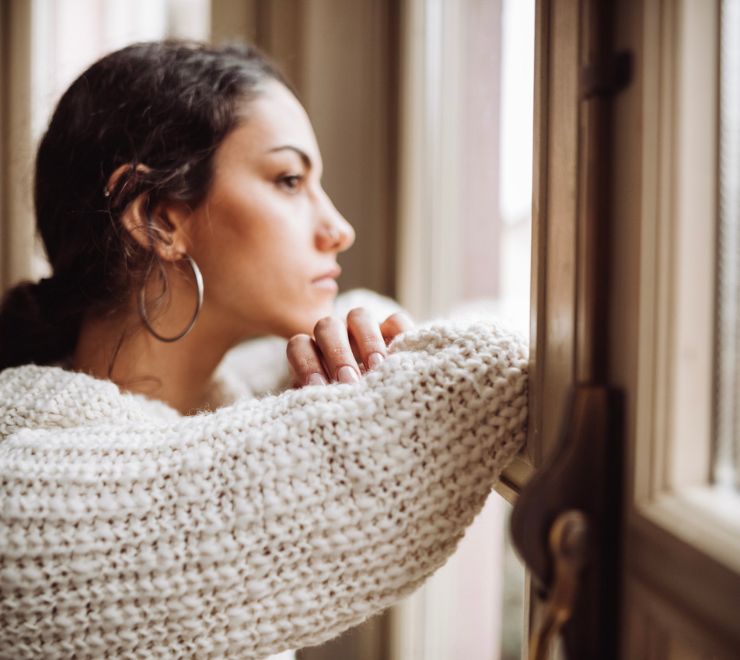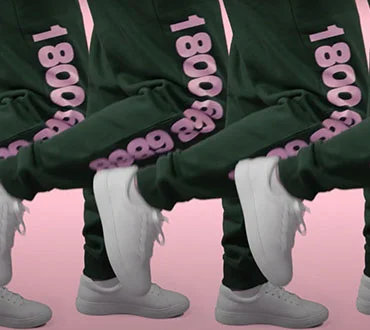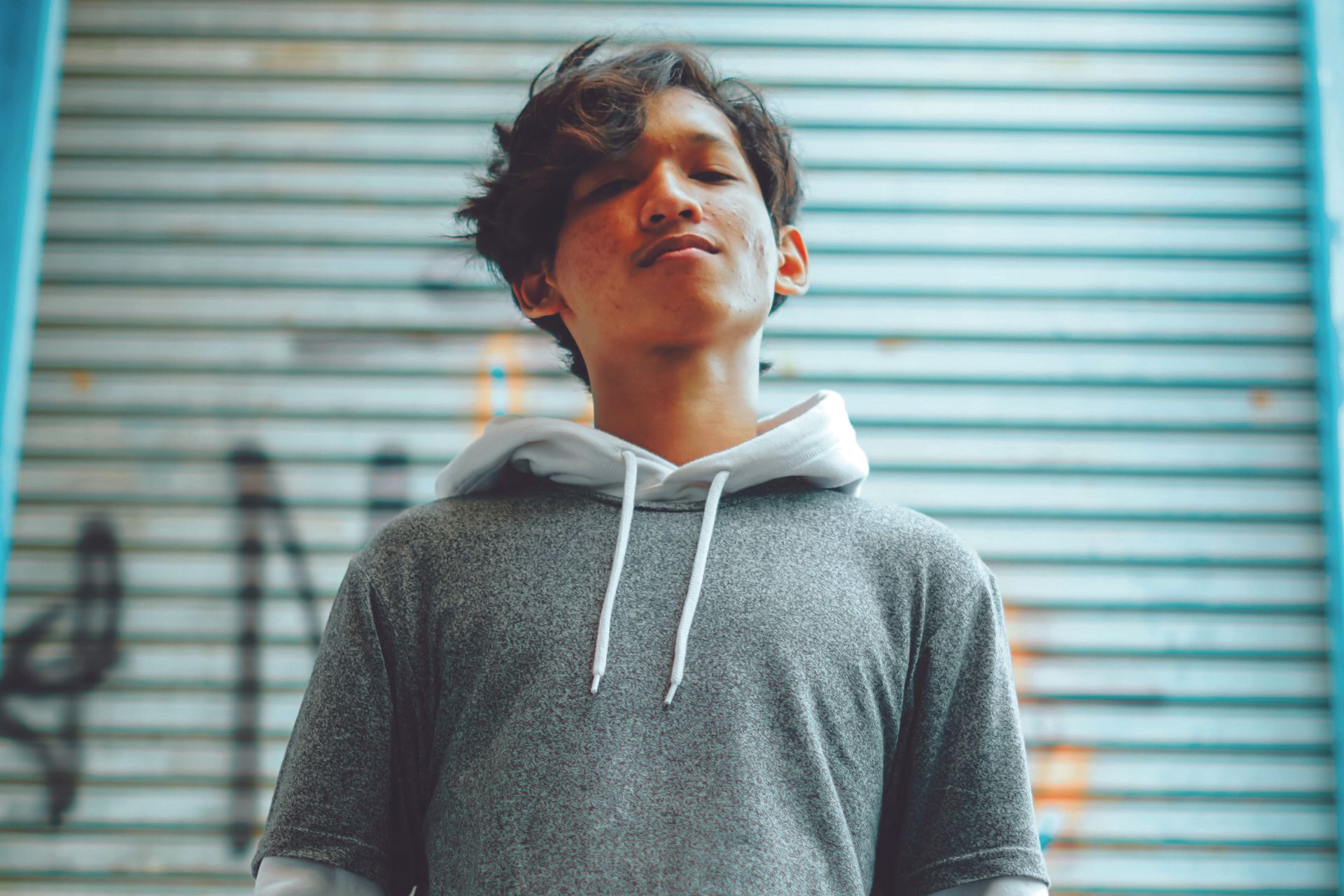Being able to recognize the warning signs of human trafficking can help you support someone who may be experiencing it.
Human trafficking is when a person is being controlled and forced to do things against their will. It often involves coercion, sexual exploitation and forced labour. If you think someone may be experiencing human trafficking, there are some warning signs you can look for and things you can do to offer them support. Each situation is unique, and while these general signs are related to human trafficking, remember that they can also be signs of other things.
Some signs that a person may be the victim of human trafficking include:
- being withdrawn (e.g. won’t make eye contact, won’t talk, etc.)
- being controlled/treated badly (e.g. can’t leave the area, are being yelled at, etc.)
- working long hours for little or no pay
- appearing unhealthy/malnourished
- being frightened of the authorities (e.g. police, immigration, etc.) or the individual they’re with
- being with a much older individual
- not being allowed to carry/someone is controlling their money, ID or other personal possessions
- showing signs of physical abuse (e.g. bruises, cuts, burns, etc.)
- reacting in a way that seems rehearsed
- being dressed to look much older than they are/wearing expensive things
If you suspect someone may be experiencing human trafficking, there are some things you can do to offer them support. Remember, you’re not responsible for making the exploitation and abuse stop.
People engaged in human trafficking often use violence, so it’s important to keep yourself safe. If it’s safe to do so, here are some ways to help:
- Educate yourself: it’s a good idea to learn more about human trafficking, labour laws, dating violence and sexual exploitation and abuse. Knowing the facts can equip you with the tools you need to help someone more effectively by sharing information with them.
- Reach out: you can approach the person who you suspect is being exploited and let them know you’re worried and there to help them. Remind them that if they’re being mistreated, it’s not OK and not their fault. Try to keep in mind that the person may not be ready or able to leave the situation. Just by reaching out, you’re showing them they’re not alone.
- Listen to their story: if the person is willing to share with you, try to listen to their story without judgment. Try not to pressure them for more details than they’re ready to share. You can say, “I know you’re going through a lot, and I’m here to help if you need me.”
- Suggest a safety plan: let them know about safety plans and how to make one. This could include a list of next steps they can take, a safe place they can go and someone they can talk to in an emergency. Remember that it may not be safe for them to carry a physical safety plan, but talking about it could help them remember next steps in an emergency situation. Kids Help Phone’s Safety Planner and Resources Around Me can help you get started.
- Go to a safe adult: if you think someone is being victimized by human trafficking and is in danger, it’s important to involve a safe adult. You — and the person if they’re comfortable — can contact a parent/caregiver, teacher, social worker or other safe adult. They can help you both stay safe and decide on next steps.
- Contact emergency services: if you or the person are in immediate danger or injured, it’s important to contact 911 or the emergency services in your area. Remember, the person experiencing the abuse may be fearful of the authorities. Let them know why you’re contacting them and that you are concerned for their safety.
- Take care of yourself: helping someone get support with human trafficking can be emotional. It’s important to get support for yourself, too. It’s OK to take a step back and talk to someone you trust about how you’re feeling. Kids Help Phone’s counsellors are available 24/7 at 1-800-668-6868.
Knowing the signs of human trafficking can help you support someone who needs help. By reaching out and helping the person create a safety plan, you’re showing them they’re not alone and there’s always hope.
